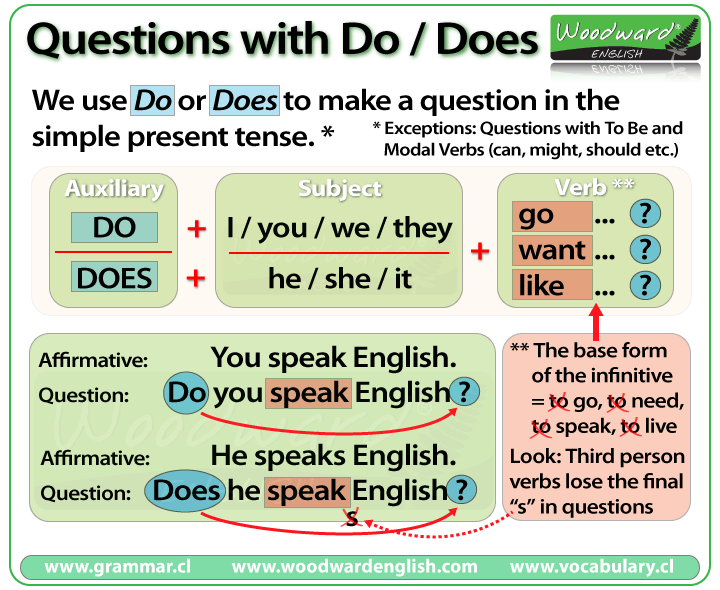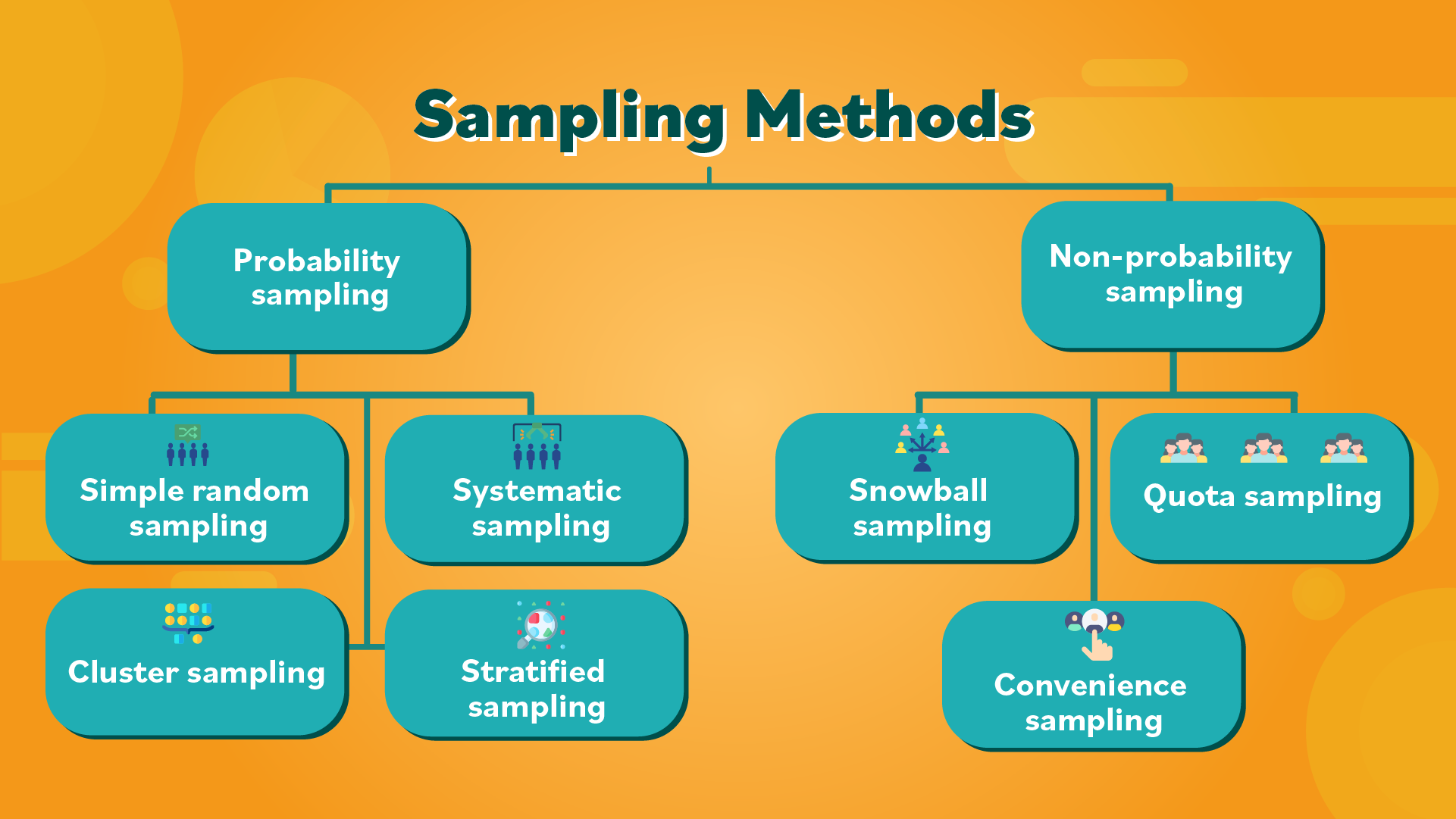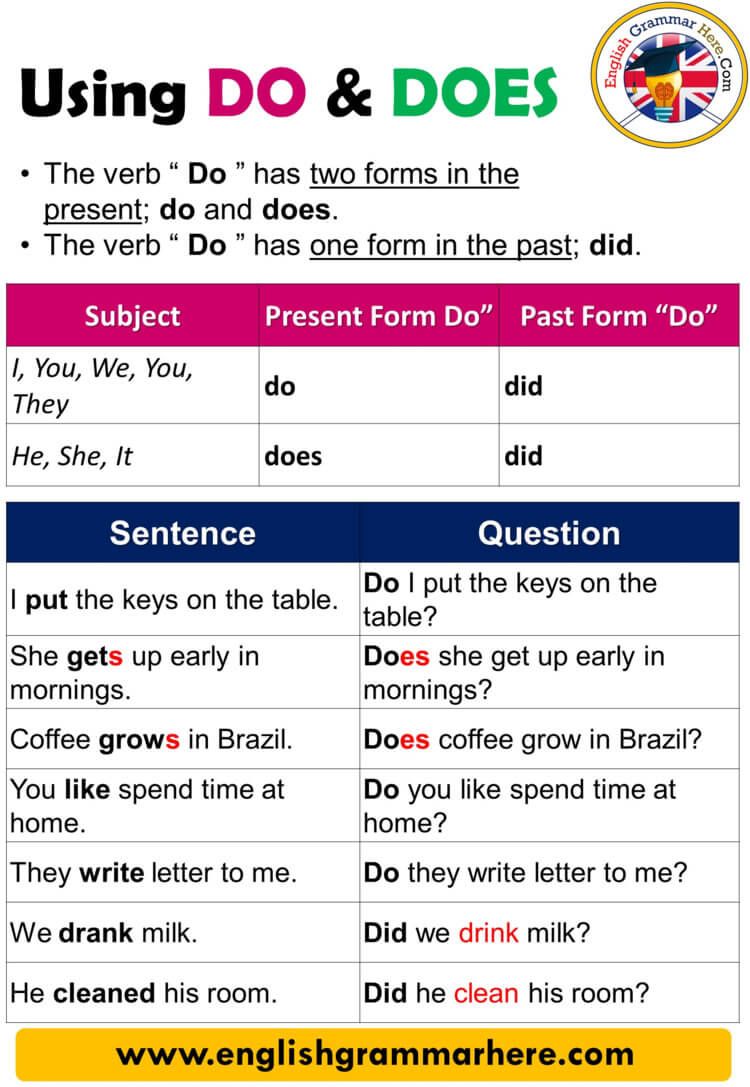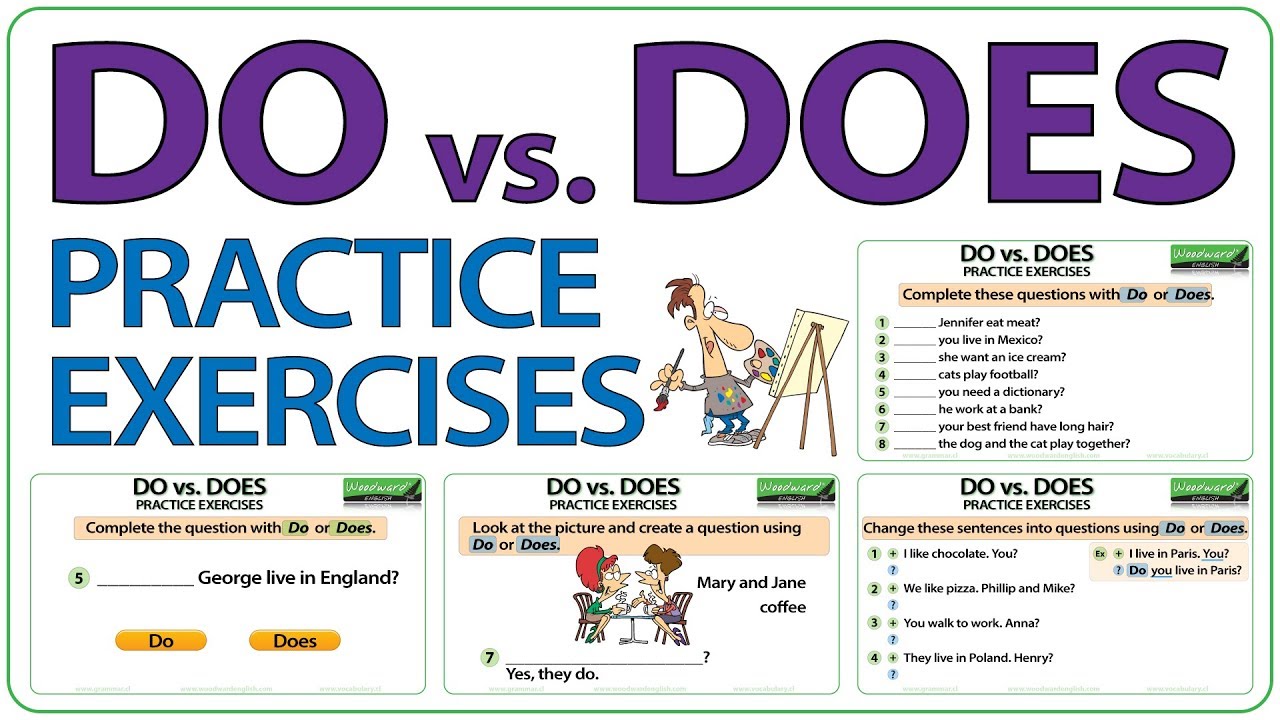Understanding the True Cost of Getting Your Real Estate License in the U.S.
Introduction: What to Expect When Pursuing a Real Estate License
Pursuing a real estate license can open doors to a dynamic and rewarding career. However, many aspiring agents wonder about the actual costs involved and how to navigate the process efficiently. The total investment required not only impacts your initial decision but also your long-term career planning. This guide breaks down every major expense, explains state-by-state variations, and offers actionable steps for successfully obtaining a real estate license in the United States.
Breaking Down the Real Estate License Cost
The cost to obtain a real estate license varies significantly across states, but most candidates should expect a total outlay between $500 and $1,500 for the initial licensing process. This range reflects the sum of mandatory education, exam fees, application charges, and background checks, along with initial marketing or business costs once licensed. Some states, like Florida or California, have slightly more predictable ranges, while others can fluctuate based on local requirements or the education provider chosen [1] [2] [3] .

Source: realtyna.com
Key Components of the Cost
- Pre-Licensing Education: All states require aspiring agents to complete a specified number of education hours. This is often the largest upfront expense, ranging from $200 to over $1,000 depending on the provider, state, and delivery method (online vs. in-person). For example, Florida’s required course can cost between $167 and $1,000, while California’s is typically in the $350 range [1] [4] [5] .
- State Licensing Exam Fee: After completing pre-licensing education, you must pass a state licensing exam. Exam fees generally range from $30 to $100 per attempt [1] .
- Background Check/Fingerprinting: Most states require a background check and fingerprinting, typically costing $30 to $75 [1] [4] .
- Application Fee: Submitting your license application comes with a fee, usually $80 to $200 depending on the state [1] .
- Additional Costs: After licensing, expect recurring expenses such as marketing, business cards, membership fees (MLS, local or national real estate associations), and continuing education requirements [3] .
Example: Florida Real Estate Licensing Costs in Detail
Florida provides a useful case study, as its costs are well-documented and representative of many states:
- Pre-Licensing Course: $167 – $1,000 (average around $300)
- Background Check: $50.75
- Application Fee: $83.75
- State Exam Fee: $36.75
- Total Initial Cost: Approximately $340 to $950 [2] [4] .
Once licensed, Florida agents should also budget for:
- Realtors® Membership: Varies by association
- Post-Licensing Education (required for first renewal): $109 (45 hours)
- Annual business expenses: $900 or more, depending on business model and marketing strategy
Example: California Real Estate License Costs
California’s process is similar but with its own nuances:
- Pre-Licensing Education: $350 (varies by provider)
- License Exam Fee: $100
- Application Fee: $350
- Fingerprinting: $49
- Renewal Fee (every 4 years): $350
- Continuing Education: $60 per renewal period [5] .
Factors That Impact Your Total Cost
Several factors can increase or decrease your expenses when obtaining a real estate license:
- State Requirements: Each state mandates a minimum number of pre-licensing hours and has its own fee schedule. For example, Texas requires 180 hours of coursework, while Michigan requires only 40 [3] .
- Course Format: Online courses are often more affordable than in-person classes, but some candidates prefer the structure and networking of classroom learning.
- Additional Services: Some schools bundle exam prep, tutoring, or career coaching, raising the base price but potentially improving your success rate [2] .
- Marketing and Start-Up Expenses: Once licensed, you’ll need to invest in marketing materials, business cards, and possibly local advertising. You may also incur brokerage desk fees or technology subscriptions, especially for access to the Multiple Listing Service (MLS).
Step-by-Step Guidance: How to Obtain Your Real Estate License
The process for obtaining a real estate license generally follows these steps. Be sure to check your specific state requirements via your state’s real estate commission or regulatory agency.

Source: leadagent.com
- Research State Requirements: Begin by searching for your state’s real estate commission (for example, “[Your State] Real Estate Commission”) to find the official page outlining education and application steps.
- Complete Pre-Licensing Education: Enroll in a state-approved real estate school. Consider comparing prices, course formats, and success rates. Many reputable schools provide online enrollment and digital course delivery.
- Schedule and Pass the State Exam: After finishing your coursework, register for the licensing exam. States usually provide a list of testing centers or an online scheduling portal. Exam prep materials are often available through your course provider.
- Submit Your Application and Background Check: Most states require electronic submission of the application, proof of education, and background check or fingerprinting. Processing times vary; some states offer expedited service for an additional fee.
- Find a Sponsoring Broker: Many states require new agents to be sponsored by a licensed broker before activating their license. Research brokerages in your area and set up informational interviews to compare commission structures, training, and support.
- Activate Your License: Once your application is approved and you have a sponsoring broker, your license will be issued. You may now begin practicing as a real estate agent.
- Maintain Your License: Complete any required post-licensing or continuing education, and prepare for license renewal as mandated by your state. Typically, renewal requires proof of ongoing education and a renewal fee [3] .
Challenges and Solutions When Budgeting for Your License
Some candidates underestimate the total cost, especially when factoring in ongoing expenses. To mitigate surprises:
- Create a Detailed Budget: List every fee and recurring cost (education, exam, background check, application, marketing, association dues, continuing education, business expenses).
- Explore Financing Options: Some schools offer payment plans or scholarships. Local Realtor® associations may have grants or assistance for new agents.
- Plan for Ongoing Investment: Remember that marketing and business expenses continue each year. Being proactive about budgeting helps you remain competitive and compliant.
- Ask Experienced Agents: Speaking with agents in your state or local area can provide realistic estimates and practical advice about managing expenses in your first year.
Alternative Approaches and Resources
If the initial cost is a concern, consider these alternatives:
- Shop Around for Courses: Compare multiple education providers for the best balance of cost, convenience, and reputation. Many states maintain a list of approved schools on their official websites.
- Check for Pre-Licensing Discounts: Some schools provide seasonal promotions or discounts for bundled services. Always verify the provider’s credentials with your state commission.
- Employer Sponsorship: Some brokerages reimburse education or licensing costs for new agents who join their team. Ask about this possibility during your broker interviews.
How to Get Started: Actionable Steps
To begin your journey, you can:
- Search for your state’s real estate commission or regulatory board and review the official licensing requirements.
- Contact approved real estate schools to compare course offerings, costs, and exam pass rates.
- Prepare a checklist of all required documents and fees before applying for your license.
- Reach out to local real estate associations for guidance or mentorship opportunities.
If you cannot find the right information online, consider calling your state’s real estate licensing authority directly for step-by-step assistance.
Summary & Key Takeaways
Obtaining a real estate license in the U.S. is a multi-step process that requires an initial investment typically between $500 and $1,500, though costs vary by state and provider. By carefully researching your state’s requirements, budgeting for both upfront and ongoing expenses, and seeking advice from experienced professionals, you can embark on a successful real estate career with confidence.
References
- [1] Carol Klein WNY Homes (2025). How Much Does a Real Estate License Cost?
- [2] Gold Coast Schools (2025). Cost of Real Estate License & Classes in Florida
- [3] Colibri Real Estate (2025). How Much Does It Cost to Get a Real Estate License?
- [4] FLCAA (2022). Cost of Florida Real Estate Licensing in 2025
- [5] US Realty Training (2024). 2025 California Real Estate License Cost
MORE FROM couponito.com













